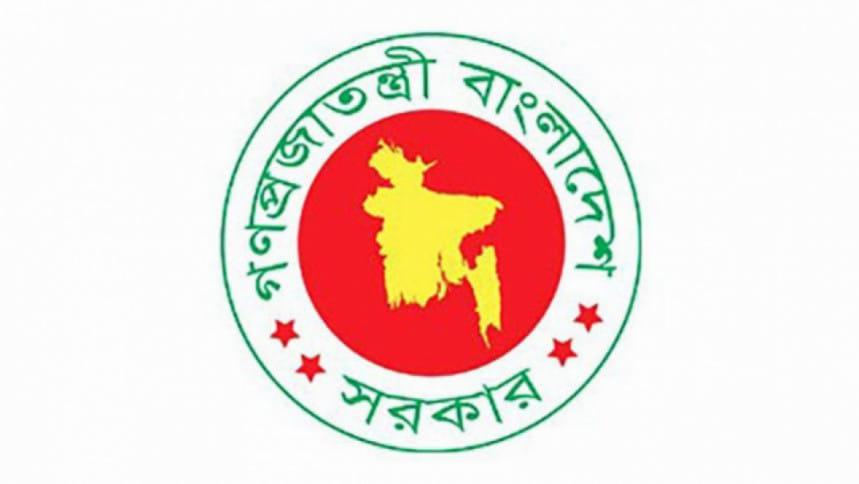Election-time government anyone’s guess

As the schedule of the 12th national election is likely to be announced today, many wonder what the polls-time government will look like.
Experts say the constitution does not specifically mention the structure of the polls-time government.
But it gives the prime minister four choices: keep all members of the cabinet; remove the technocrat ministers or any number of ministers along with the technocrats; introduce new members to the cabinet; or come up with something that befits the political situation, says Prof Shantanu Majumder, a teacher of political science at Dhaka University.
However, former cabinet secretary Ali Imam Majumdar points out that not all the choices that the prime minister has will give an effective solution.
"A better solution would be to make fundamental changes to the existing structure and ensure a participatory election. It could be done through political consensus or by amending the constitution as the parliament's tenure is not over yet," he said.
POLLS-TIME GOVT IN 2014, 2018
Before the 2014 national election, more than half the cabinet members -- 16 ministers and 14 state ministers -- resigned. The prime minister then formed a cabinet with 22 ministers and seven state-ministers from the ruling Awami League and its allies.
In 2018, the prime minister asked four technocrat ministers to resign a day before the polls schedule was announced.
The technocrat ministers were Nurul Islam of the expatriate welfare ministry, Yeafesh Osman of science and technology, Motiur Rahman of religious affairs, and Mustafa Jabbar of post and telecommunication.
Barrister Shafique Ahmed and Dilip Barua were the technocrat ministers in the 9th parliament. They resigned before the general election in 2014. However, the PM kept them as her advisers.
Contacted, Dilip Barua, general secretary of Bangladesh Shamyabadi Dal, said, "As there is no specific constitutional provision about an election-time government. The prime minister can make changes to the cabinet. But if she doesn't, there is no problem."
PM ON POLLS-TIME GOVT
"If members of parliament express their interest in joining the election-time government, we are ready to accept them. We can show this generosity," Prime Minister Sheikh Hasina said on May 15.
That comment came several months after BNP MPs resigned from parliament in December last year.
However, on October 31, Hasina said, "We will do the routine tasks, daily activities as the polls-time government, so that the government does not become dysfunctional [during the election]."
She added, "In 2014, we appointed some ministers from other parties. We did not do that in the 2018 election. What happens in other countries will happen here this time as well."
Mustafa Jabbar, a technocrat minister of the post and telecommunications ministry, told The Daily Star, "I have not received any instruction from the prime minister about resigning. The premier's decision is final in this matter."
Usually, polls-time government means the government that remains in office during the period between announcement of the polls schedule and the day the new government takes oath.

 For all latest news, follow The Daily Star's Google News channel.
For all latest news, follow The Daily Star's Google News channel. 



Comments